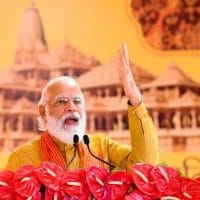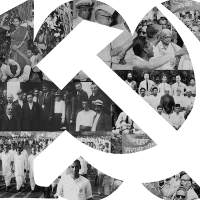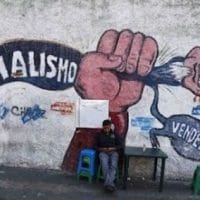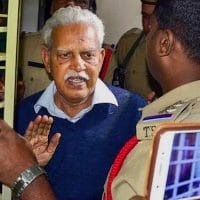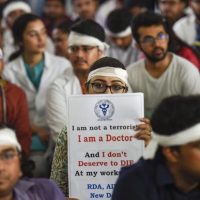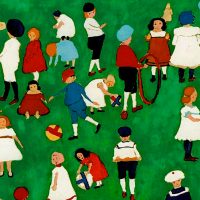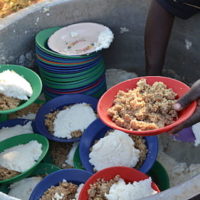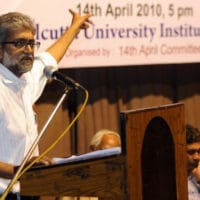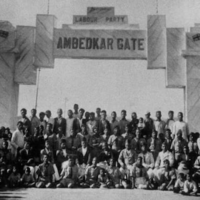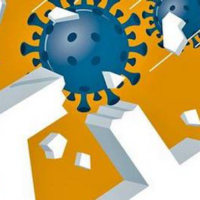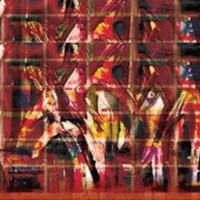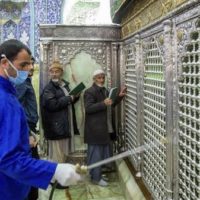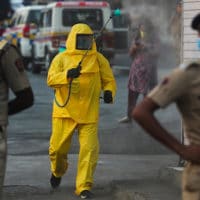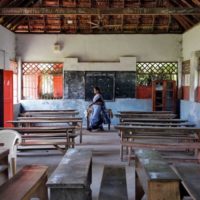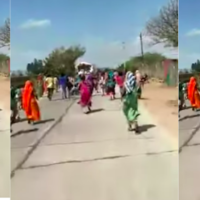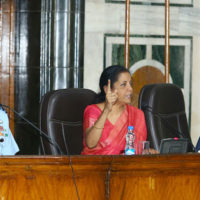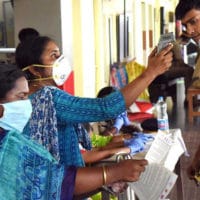-
When the powers that be are in contempt of the people
After decades, the issue of contempt has come alive. For this, we have to be grateful to Prashant Bhushan and the Supreme Court of India.
-
Dossier no. 32: One hundred years of the communist movement in India
Through their self-effacing work, the communists have galvanised hundreds of millions of people into action in order to bring about far-reaching changes in society.
-
Detainees during the Pandemic
It is a common practice all over the world that when those incarcerated face a threat to life, the authorities send them home.
-
Freedom Rider: Media silent as Trump declares wars
Donald Trump’s attacks on Venezuela, Syria and Iran are criminal, but Joe Biden vows to be even worse.
-
Indian poet and activist Varavara Rao shifted from prison to hospital due to deteriorating health
The health of the 79-year-old poet has deteriorated alarmingly over the past few weeks. He has been in prison since late 2018 in the Elgar Parishad case which critics say is aimed at silencing dissent in India.
-
India’s abysmal healthcare system
DD Kosambi uses a telling example to illustrate the crisis of Indian feudalism: at the third Battle of Panipat in 1761, the troops on oneside had not had enough to eat, while the troops on the other side just managed to assuage hunger by looting villages in the neighbourhood; neither side in short had arranged provisions for its troops.
-
Billions of children are being punished by the pandemic
There are immense casualties from this Great Lockdown. Incomes have collapsed for half the world’s population, while hunger rates are on the rise. But there are other casualties, other victims, often less remarked upon.
-
Imperialism and India’s food economy
The problem before metropolitan capitalism therefore is: how to acquire control over the use of this tropical land-mass in order to obtain the products it needs?
-
Gautam Navlakha’s struggle for justice
Indian activist and journalist Gautam Navlakha is in prison as part of what many observers have termed a crackdown on dissent in India. The 68-year-old has been fighting a years-long legal battle against the Indian state.
-
The World at crossroads
Radical reforms in reversing the prevailing policy direction of the last four decades will need to be put on the table. Governments will have to accept a more active role in the economy. They must see public services as investment rather than as liabilities and look for ways to make the labour market less insecure. Redistribution will again be on the agenda… Policies until recently considered eccentric such as basic income and wealth taxes will have to be in the mix.
-
The war on Labour
The war on labour is a continuation of the attacks which the BJP has been launching on the religious minorities and dalits; its economic consequences will be disastrous.
-
Growth figures underscore economic crisis amidst COVID
Early evidence on the intensity and drivers of the COVID-induced crisis in the U.S. and Europe suggests that the official response may lengthen the recession and delay recovery
-
Is postcolonial capitalism a thing to itself? Reviewing Sanyal’s – Rethinking Capitalist Development
In all, Sanyal’s work is engaging, remarkable in its cross-disciplinarity, and fresh. Though its influence has been concentrated in Indian academia, I urge my colleagues elsewhere to give it a read. It will definitely make you think.
-
Pompeo and the capricious virus
Iran has delivered a devastating blow to the ego of the Trump administration, puncturing it beyond repair, by its announcement Sunday that mosques will start reopening in low-risk areas of the country from May 5.
-
BJP capitalizes on Coronavirus fears to take India’s fascist creep to the next level
India is accelerating down the track of religious strife, and the government itself is driving the vehicle.
-
Finance versus the people in the era of the pandemic
THE current pandemic has brought to the fore, and with exceptional clarity, the fundamental contradiction underlying contemporary globalisation, namely, the contradiction between the interests of finance and those of the people. Indeed this contradiction, which characterizes the era of globalisation as a whole, has now come to a head.
-
Kerala is a model state in the Covid-19 fight
This overlooked region of India is a beacon to the world for taking on the coronavirus, with the leftist government setting the bar for testing, tracing and treatment standards.
-
Video of flour truck being looted goes viral; ‘no wrong was done,’ says truck owner
‘I believe that they have done no wrong because there is widespread hunger [amidst the lockdown] and people are helpless.’
-
A niggardly response to an extraordinary crisis
In a show of solidarity, some of India’s opposition leaders have declared the much-delayed relief package (titled Pradhan Mantri Garib Kalyan Yojana) announced by Finance Minister Nirmala Sitharaman on March 26 to mitigate the effects of the Coronavirus pandemic on the poor as a welcome “first step”.
-
An often overlooked region of India is a beacon to the world for taking on the coronavirus
In a pandemic, a rational person would much rather live in a society governed by the norms of socialism than of capitalism, a society where people rally together to overcome a virus; than to live in a society where fear pervades and where stigmatization becomes the antidote to collective action.

